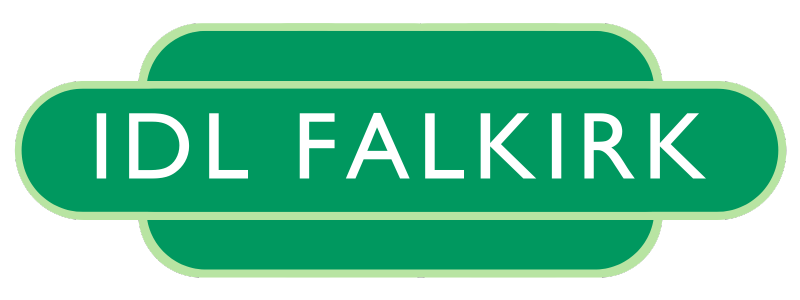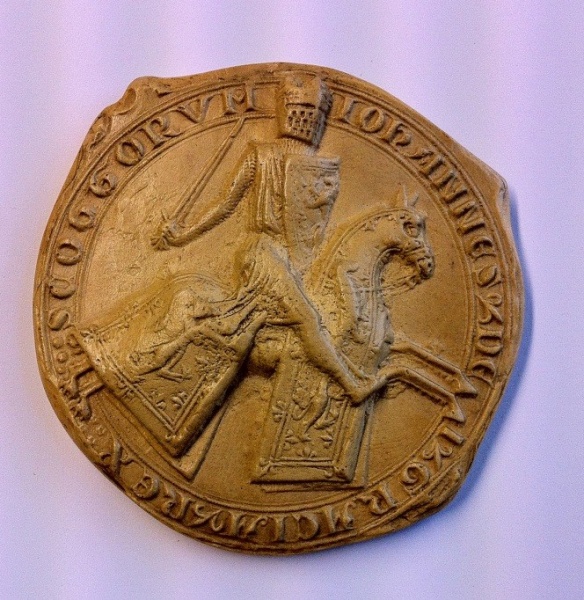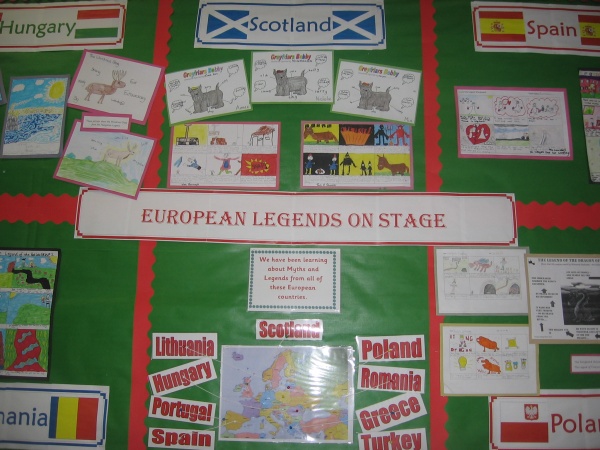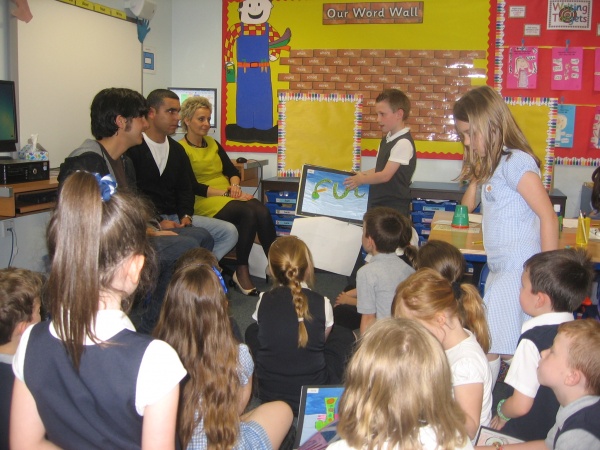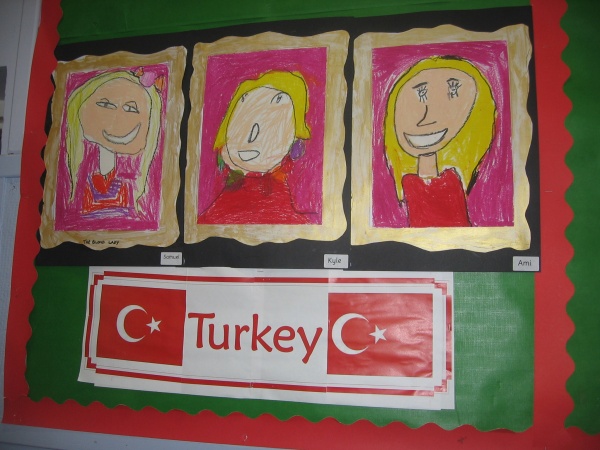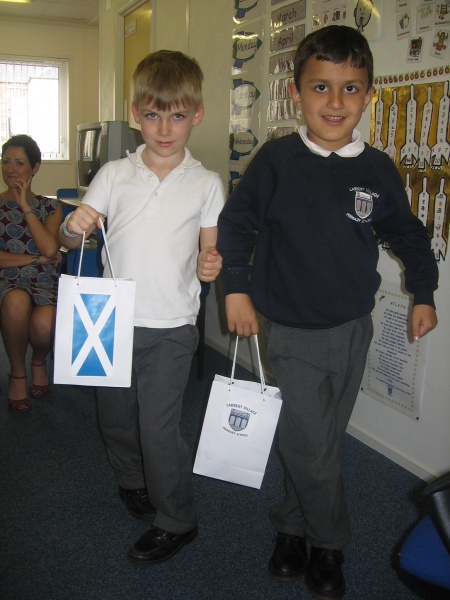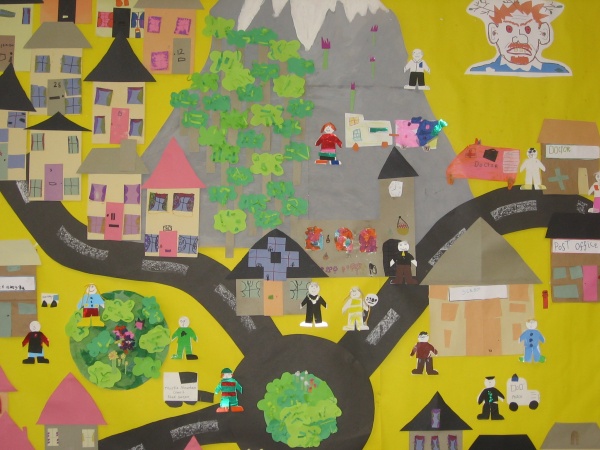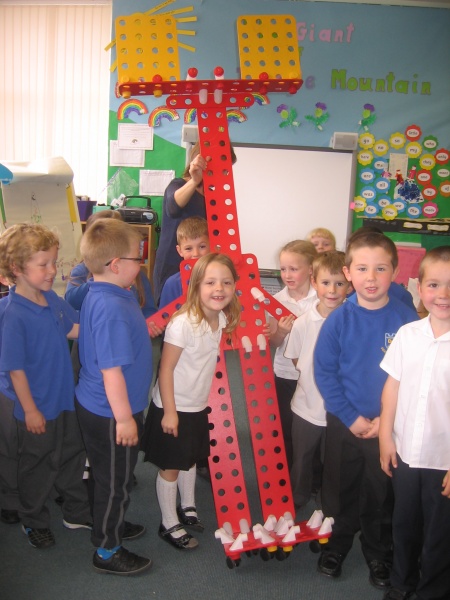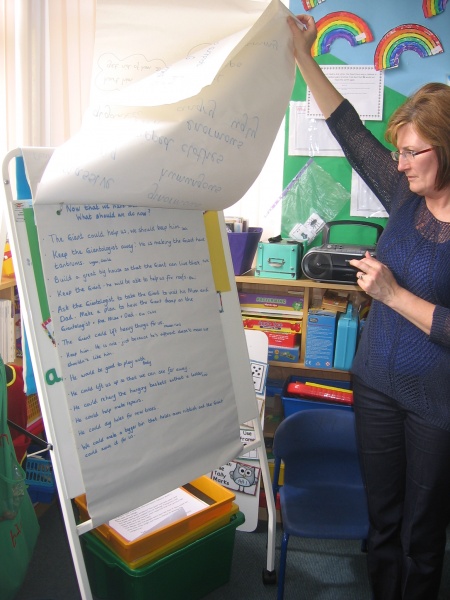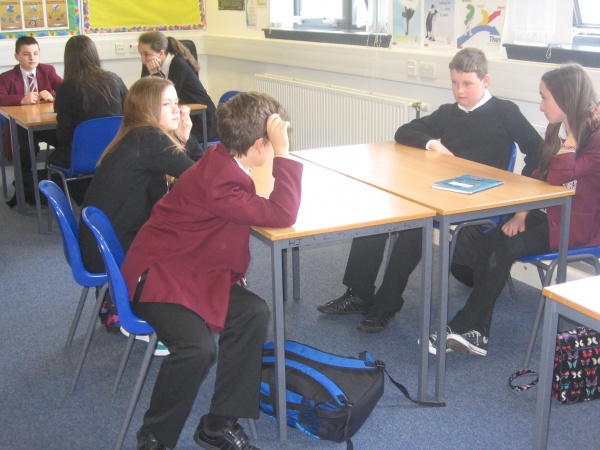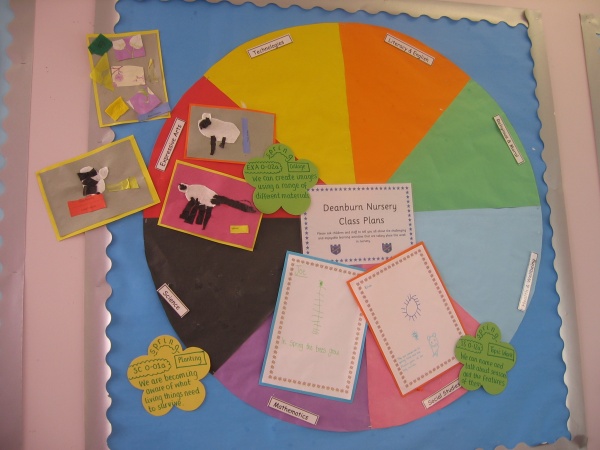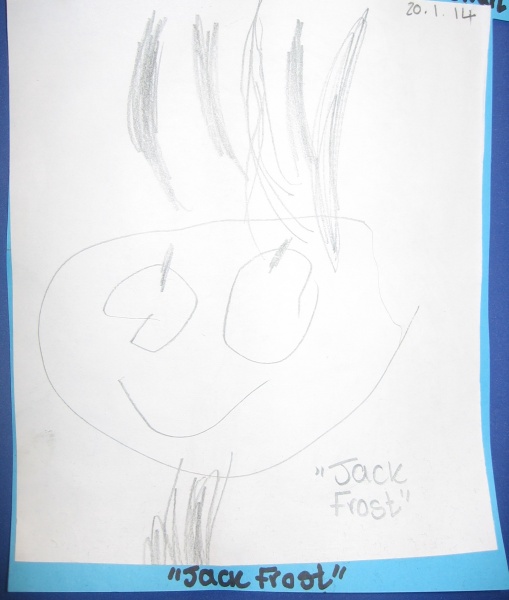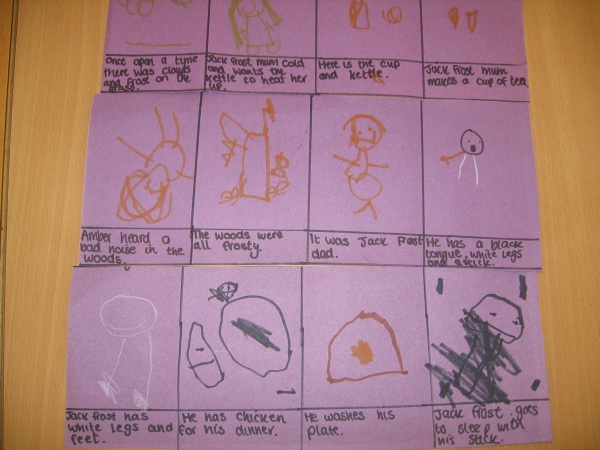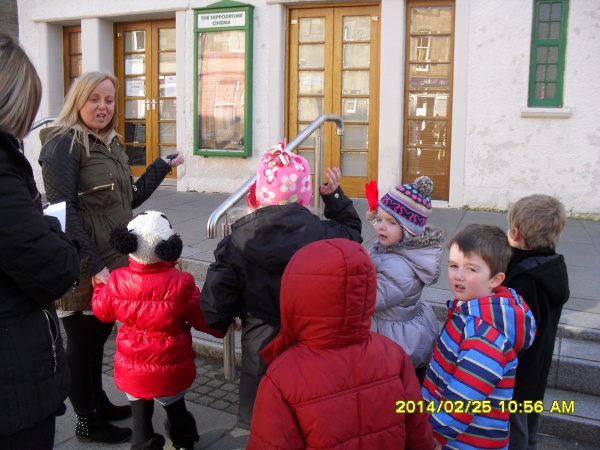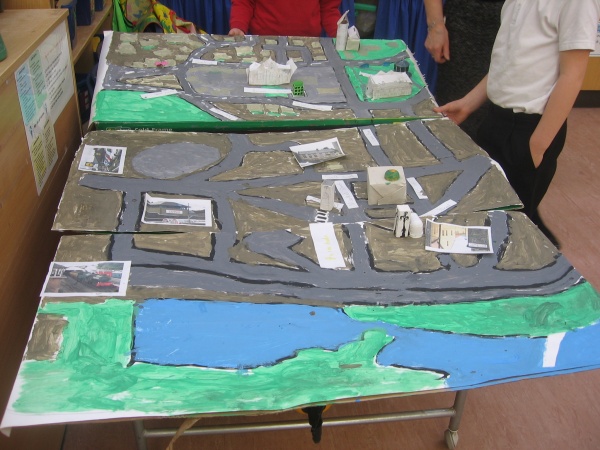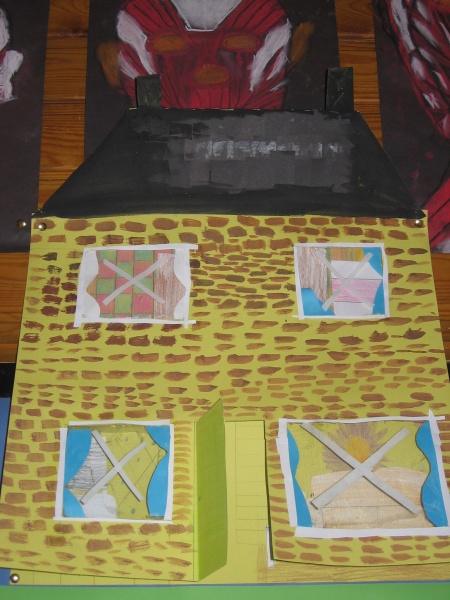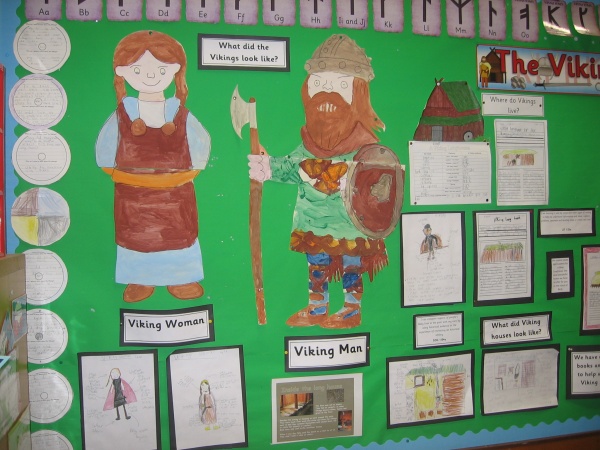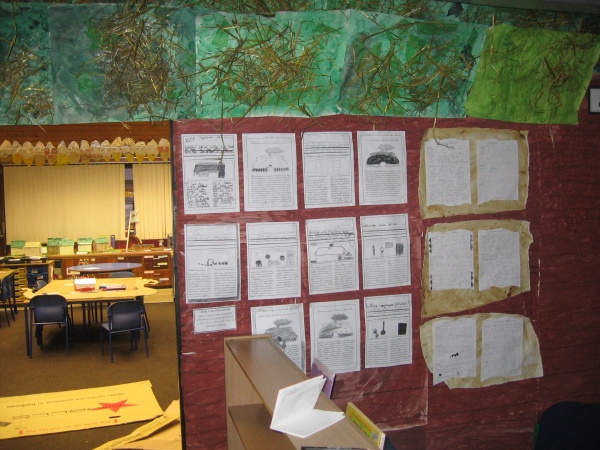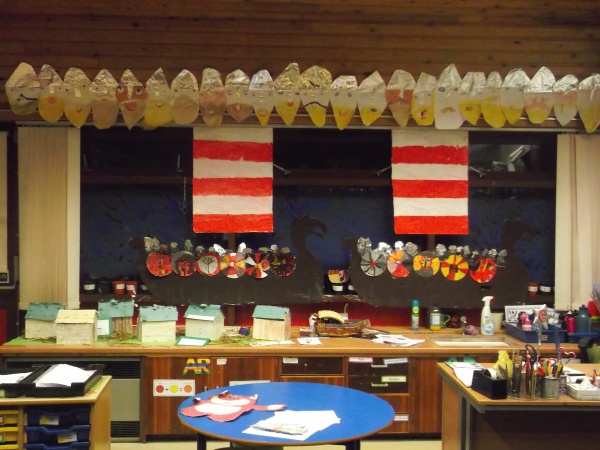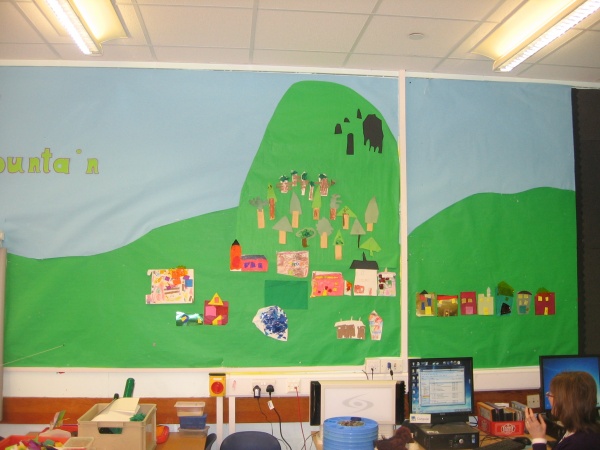Fiona Malcolm, Faculty Head of Social Subjects and RMPS at Braes HS worked with colleagues to create a new course for S1 pupils which is currently being delivered. Click here to see the presentation shown to all Braes cluster primary 7 pupils as an introduction to the course. The rationale for the course states:
Curriculum for Excellence is seen as a continuous process of learning during and beyond the school years. The purpose of this course is to provide the pupils with time in S1 to build on skills and values learnt in primary school and develop them for further use across the secondary curriculum and into adult life.
In her message to S1 pupils inside the cover of their enhancement course booklet (click to view), Helen McCulloch, head teacher writes:
Our Enhancement Course is designed to improve and increase the quality of your education at Braes High School by helping you to pull together all the skills you gain across the different subjects you study in the junior school so that you can link them together and put them to good use in every classroom and in this way, have real success in your learning at Braes High School. …
One obvious problem with our Enhancement Course is the title. Enhancement Course sounds pretty boring so as the year goes on we are hoping that one of our pupils can come up with a good catchy name for our course. There will be a prize for the winning entry – so get your thinking caps on, pay attention to what is in the course and see if you can come up with an innovative and catchy title.
I look forward to receiving your ideas!
Staff used collegiate time in session 2013-14 to design the course, ensure that it meets the needs of all learners, and uses a wide variety of activities and different methodologies. This course is interdisciplinary – click here to see the skills poster for pupils. In addition, the course connects the four contexts for learning in Braes HS: pupils have opportunities for personal achievement; they contribute to the life and ethos of the school as a community; and specific knowledge and understanding is developed within curriculum areas, and through interdisciplinary experiences. (Click here for more information about these) http://glo.li/1rRhBYp
The course is being delivered over 2 periods per week – click on each term below to see the overview of learning for each term.
As part of the course, pupils are encouraged to explore, develop and share their personal achievements through Braes HS own award system called BRAW. Staff also intended that the course would enable pupils to achieve a Dynamic Youth Award, but are now in discussion with primary colleagues to explore how this element could be taken forward in primary 7 leading up to S1. This holistic approach to curricular planning for S1 helps build a coherent learning experience for pupils and alerts them to the transferability of the skills they will be developing. In addition, in contributes to a positive transition for pupils and encourages them to apply their skills, knowledge and understanding within a range of contexts.
